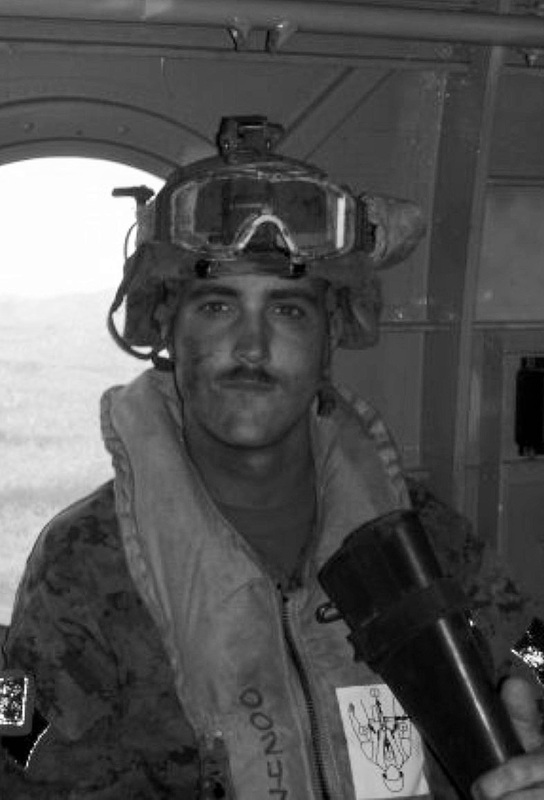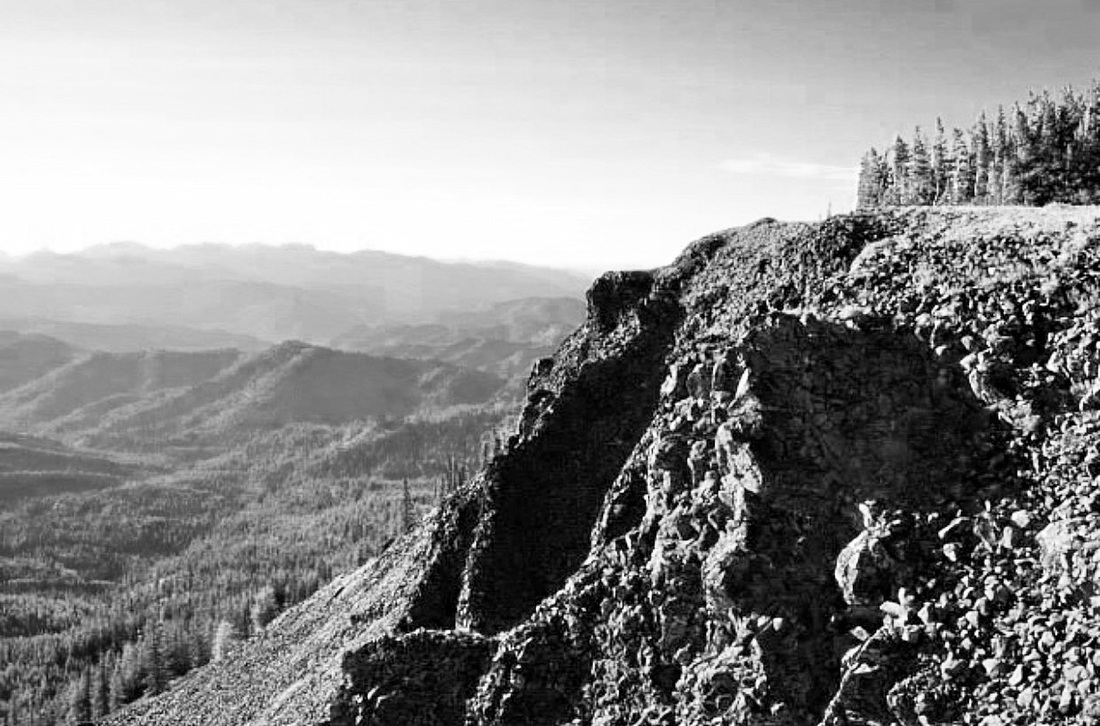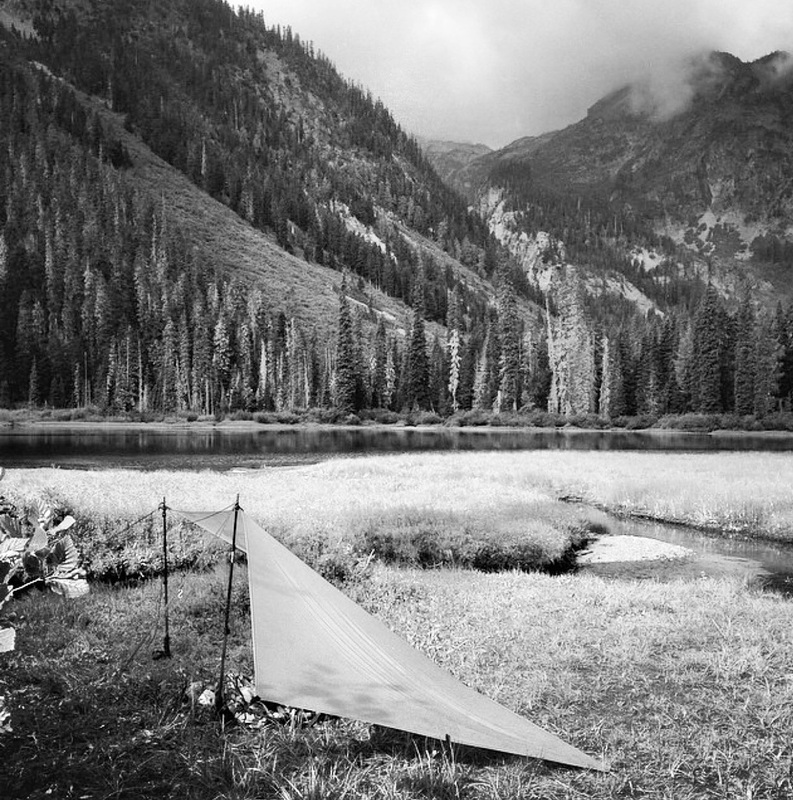My personal bowhunting story is an unconventional one filled with both defeat and success, a story I’m sure many new bowhunters will identify with. I often find myself thinking about why I wanted to start bowhunting, but when I sat down to write this story I found it quite difficult to clearly convey my thoughts. That being said, this is my feeble attempt at telling my story of transformation from “regular” guy to one whose life is consumed with the chase of big game animals with a bow.
I always wanted to go hunting as a kid. Our trips to see my grandparents on both sides of the family often brought up stories of hunting that I still remember to this day. One of my favorite ones involved my Uncle, when he wanted to start hunting as a young boy. My Opa told him that before he could go hunting, he needed to smell like the woods, therefore he should sit in a tree for hours on end. And so he did! My Opa was filled with jokes that only became truly funny as time went on and I could finally understand them. I never did end up going hunting with my Opa and Uncle and I’m still not sure why. I think the physical distance and the different lives we led was an obstacle that I dearly wish we’d managed to overcome.
My Grandpa on the other side of the family also hunted. I knew him well as a kid but wish I could have spent more time with him before he passed away. When I go to our family cabin, I often look at my Grandpa’s mule deer antlers hanging on the wall and imagine his unique laugh. I always find myself looking for excuses to see his old rifle so I admire the carvings on the stock. I now wish I knew more about him and even though I never did hunt with him, we are connected through the objects he left behind.

I determined I would need some kind of assistance, so while continuing college I landed a job as a horseback guide with an outfitter that was going to expand into guided hunts. However, as the fall approached the expansion never happened. I was putting in too many hours to even think about hunting and often found myself in class still soaked to the bone from the rain and my boots covered in horse manure. As the snow began to fall we moved into snowmobiling trips and hired a second guide who became a pivotal figure in my hunting career.
The new guide, Ryan, and I became great friends right off the bat and as his last job had been working as a hunting guide in Colorado he had tons of experience, just the person I needed to help me get started. We began planning for next year, scouting out areas, and getting me set up with a bow. As the winter came to a close, the company we worked for was falling apart so Ryan and I found ourselves jobless, and with plenty of time to hunt.
When my first season of bowhunting opened, I found myself lying under the stars near Mt. Rainier with Ryan snoring not far away. “Excited” would be an understatement for how I felt. I had a professional elk guide with me, and we were in an area that we’d been tipped off about by a local during one of our scouting trips. The elk sign was everywhere. I was certain I’d be going home within the first few hours of daylight with fresh meat.
Our supposedly isolated location turned out to be not so isolated. Every bugle I heard got my heart racing, however Ryan more often than not turned around to start heading away from the bugle mumbling about other hunters. As the days went on the elk sign seemed to vanish and the human sign became more and more abundant. Then out of the blue, I found myself looking at an old bull at around 80 yards. I got set up and Ryan began calling but to this day what happened next is still unclear. Just as quickly as he came, the bull was gone and so were my dreams of fresh elk meat. The season came to a close as the rainy, cloudy, Washington day became dark. I was sitting on a funnel point we’d scouted that was my last hope, completely soaked and heartbroken with defeat.
Shortly after that first season ended I began to look towards the next. I realized I’d of course been over confident and that I needed to do even more research so I started buying every elk hunting related book I could find and reading everything I possibly could on the web. As my second season approached it became clear that Ryan would only be able to make it out for a few days. For the entire season, I hiked and hiked and hiked some more. I didn’t know what I was doing so I kept reading and studying but could not apply the skills or techniques with any measure of success. When the season was over, I’d only seen two cows but, I’d gone it alone this time so I was pretty happy to have seen anything at all.
As I know many other hunters will identify with, the planning for my third season started well before my second season had even ended. I’d simply been seeing too many people. I needed to go further back into the backcountry and stay longer so as my third season approached, I started to reread my elk hunting books and look for new areas well off the beaten path. My work kept me from physically going to the locations to scout so Google Earth and maps became my primary scouting tools.
 By the time the sun rose on opening morning of my third season I was as far back into a wilderness area as I was comfortable. I spent my days glassing and looking for tracks and was happy to only see two hikers the entire time. But not a single animal. I took out my map to double check my surrounding area but I had already either glassed or been on all the benches, saddles, and water sources in the area and had nothing to show for it. After five days I decided to head back to the truck and try and come up with a new game plan. As I drove into a nearby town for food, I received a voicemail on my phone from a friend. He’d left a detailed message of where and when he had seen elk when working near where I was hunting so I quickly headed over to this new area, only to find a complete zoo of people. My grand backcountry hunting trip quickly turned into camping out of my truck unable to sleep because of all the traffic. My third season ended without even seeing an elk.
By the time the sun rose on opening morning of my third season I was as far back into a wilderness area as I was comfortable. I spent my days glassing and looking for tracks and was happy to only see two hikers the entire time. But not a single animal. I took out my map to double check my surrounding area but I had already either glassed or been on all the benches, saddles, and water sources in the area and had nothing to show for it. After five days I decided to head back to the truck and try and come up with a new game plan. As I drove into a nearby town for food, I received a voicemail on my phone from a friend. He’d left a detailed message of where and when he had seen elk when working near where I was hunting so I quickly headed over to this new area, only to find a complete zoo of people. My grand backcountry hunting trip quickly turned into camping out of my truck unable to sleep because of all the traffic. My third season ended without even seeing an elk.
I decided there and then that I needed to go even further into the wilderness and stay out even longer but I also knew that meant I’d need a bigger backpack and higher quality gear. By now, my friend Ryan had moved away but I still called him whenever I had a question of any kind and it was during one of these conversations that Ryan said something along of the lines of “you can only kill something when you understand its behavior”. And then it clicked. I focused my hunting related reading to an elk ecology textbook entitled “Elk of North America”. I learned that I didn’t want to know where I should be or when I should get there, instead I should be more interested about where the elk should be, why they are there, and what they are doing there. Are they passing through or staying? Feeding or bedding? I stopped thinking like a hunter and started thinking like an elk.
Armed with a deeper understanding of the animal I was hunting, I began to prepare for my fourth season. I used maps to focus in on general areas and made a few overnight trips and day hikes to poke around and get some in the field knowledge of the terrain. From the maps, I thought I had figured out where about the elk should be, however, when I actually got boots on the ground, I couldn’t find any tracks or scat. Instead of getting discouraged, I realized I was actually being productive because I now knew where the elk weren’t. And I was able to cross multiple areas off the map. A week before leaving for my hunting trip, I did one last map study and realized I had two areas I’d neglected to physically scout and decided I would head out a few days before the opener and check them out.
Two days before the season, I headed for the mountains. I hiked five miles back and crossed a river to get into the general area of where I wanted to be. I started to smell fresh elk piss almost right away. In hindsight I should have stayed away but I pushed on and found multiple piles of fresh, green, bull scat. I could still feel the warmth coming off of it when I held my hand over the piles. Yet again, I should have turned back and waited two days until the opener so I could have a chance at one of the bulls I knew were in the area. But before I knew it, it was pitch black and I was trying to find a place to camp. I was tired, cold, and my boots were completely soaked so I found a spot to set up camp and quickly fell asleep.

I spent the next few days completely stumped. No matter where I went or how far I hiked, I couldn’t find a single elk. At one point I startled a legal deer. The deer knew I was there, but only moved a few steps before going back to feeding. I watched her for an extended period of time thinking about whether or not I should shoot. My first instinct was to leave her be. It didn’t seem like much of a “hunt”, plus there could be elk over the next rise. After watching the deer for what felt like hours but I know was only a few minutes, I finally decided that I should kill her and finally take home some meat. With the deer at 16 yards, and a large tree blocking her head, I had a clean shot at her lungs. I drew my bow, steadied my pin, and released the arrow.
What happened next will be forever etched in my mind. As the green fletching of the arrow got closer, she began to drop. The arrow passed just over her back. In fact, I thought I shot her in the spine at first. I was so sure I replayed it in my head as I waited and waited to look for the deer. When I finally walked the sixteen yards to where she’d been feeding I didn’t find any blood. I spent the next few hours searching the area for blood with nothing to be found. Finally I found my arrow in a tree, clean as ever. I continued looking for any sign of a fatal hit even though I knew in my heart it was pointless. I don’t think words can adequately describe my disappointment. I was in complete disbelief coupled with a sense of utter failure.
I spent the rest of that season covering over one hundred miles and saw more elk than I’ve ever seen before. I managed to get within sixty yards of a herd before the wind switched on me. I followed the sound of a bugling until I finally laid my eyes on a 6×6 bull in a wallow. I was in a cow only unit, but it was still incredible to finally see a big mature bull elk in his element. I watched him for a while with a big smile on my face. Over this season I saw my first wolf and my first black bear shortly after that. I even began to figure out how to find grouse. However, as my fourth season came to a close, I still had yet to kill an animal.
Now that I’m in between seasons again, I find myself more excited than ever for next year. I’ve also completed my Bachelor’s degree and taken a job at a company with locations all over the nation so I have yet to find out where I will be placed. I have no idea where I’ll be next season, or if there will even be elk to hunt, but I’ve decided to broaden my focus and have begun studying other species so I’m ready for anything and accept the fact that I will most likely have to travel a long distance to hunt. I’ve also warmed up to the idea of hunting with a rifle as a way to put meat in the freezer.
At first I was disappointed that I would be moving away from the hunting areas I’ve finally gotten to know and even more disappointed that none of the possible areas I could be sent are in any of the Rocky Mountain States. However, after more thought I am actually pretty excited, excited to explore new areas, and excited to focus on a new species. I’m excited to have different states to hunt, and to finally buy a bow that isn’t the cheapest ready-to-shoot package on the wall. After all, having the chance to learn new things and explore new places was one of the main reasons I started hunting in the first place! While I haven’t had success in the traditional sense, I have had success many other, even deeper ways. I’ve learned a lot, enjoyed the outdoors, challenged myself physically and mentally, and created a lifetime passion that I will never give up.


